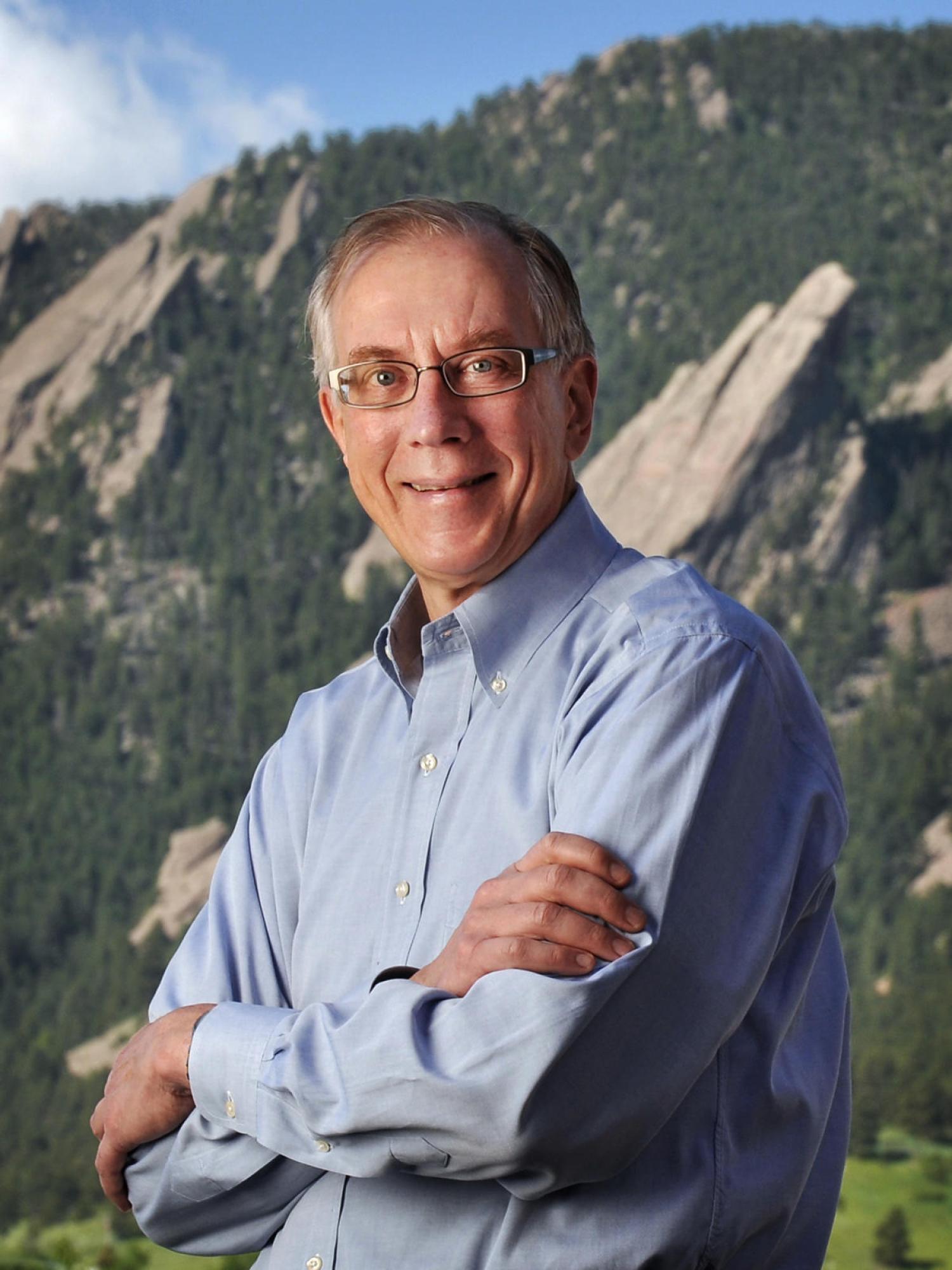Distinguished Professor Seminar Series: Professor Tom Cech
About the Event
The Magic of RNA: From CRISPR to Coronavirus Vaccines 

In the past, ribonucleic acid (RNA) was considered to be mostly an intermediary between the genetic code in DNA and the proteins that do most of the work in biology; DNA makes RNA, and RNA makes protein. The discovery of catalytic, or messenger RNA (Nobel Prize in Chemistry, 1989: Sidney Altman and Thomas Cech) opened our eyes to RNA’s having more exciting functions. But the thrill of RNA was just getting started. Gene editing now uses guide RNAs to recruit the CRISPR genome editing machinery to specific sites of action on chromosomes, with exciting medical potential (Nobel Prize in Chemistry, 2020: Emmanuelle Charpentier and Jennifer Doudna).
The coronavirus pandemic is now a battle of RNA against RNA: An RNA virus is being fought with RNA vaccines. Like many other viruses, COVID-19 is an RNA virus. Unlike in humans and other mammals, its genetic makeup is encoded in RNA, which causes our protein synthesis machinery to mistake it for RNA produced by our own DNA. Traditional vaccines against viruses inject inactivated virus proteins called antigens. The antigens stimulate the body’s immune system to recognize the specific virus and produce antibodies in response. RNA-based vaccines—such as those of Pfizer and Moderna—do not introduce an antigen, but instead introduce a short sequence of synthetic messenger RNA (mRNA) that is enclosed in a specially engineered lipid nanoparticle. This mRNA provides cells with instructions to produce the virus antigen themselves. Because the COVID-19 virus spike protein is foreign to our bodies, our bodies will make antibodies that inactivate the protein.
View the CU Boulder Today coverage on this event (March 1, 2021)
Listen to the CPR Colorado Matters segment with Dr. Cech: What is mRNA, And Why Is It So Important In Vaccine Research And Development? (March 16, 2021)
View the CU Boulder Today post-event coverage (March 24, 2021)
About the Speaker
Dr. Cech was raised and educated in Iowa, earning his B.A. in chemistry from Grinnell College in 1970. He obtained his Ph.D. in chemistry from the University of California, Berkeley, and then engaged in postdoctoral research in the department of biology at the Massachusetts Institute of Technology in Cambridge, Massachusetts.
In 1978, he joined the faculty of the University of Colorado Boulder, where he became a Howard Hughes Medical Institute Investigator in 1988 and Distinguished Professor of Chemistry and Biochemistry in 1990.
In 1982, Dr. Cech and his research group announced that an RNA molecule from Tetrahymena, a single-celled pond organism, cut and rejoined chemical bonds in the complete absence of proteins. Thus RNA was not restricted to being a passive carrier of genetic information but could have an active role in cellular metabolism. This discovery of self-splicing RNA provided the first exception to the long-held belief that biological reactions are always catalyzed by proteins. In addition, it has been heralded as providing a new, plausible scenario for the origin of life; because RNA can be both an information-carrying molecule and a catalyst, perhaps the first self-reproducing system consisted of RNA alone.
In January 2000, Dr. Cech moved to Maryland as president of the Howard Hughes Medical Institute, the nation’s largest private biomedical research organization. In addition, HHMI has an $80 million/year grants program that supports science education at all levels (K-12 through medical school) and international research.
In April 2009, Dr. Cech returned to full-time research and teaching at the University of Colorado Boulder, where he also directed the BioFrontiers Institute until 2020.
Dr. Cech's work has been recognized by many national and international awards and prizes, including the Heineken Prize of the Royal Netherlands Academy of Sciences (1988), the Albert Lasker Basic Medical Research Award (1988), the Nobel Prize in Chemistry (1989), and the National Medal of Science (1995). In 1987 Dr. Cech was elected to the U.S. National Academy of Sciences and also awarded a lifetime professorship by the American Cancer Society.
(Biography sourced from the website of the BioFrontiers Institute)
About the Series
The CU Boulder Retired Faculty Association (UCBRFA) presents the distinguished professors of the University of Colorado, a lecture and presentation series featuring some of our finest professors and their extraordinary research and scholarly work.

